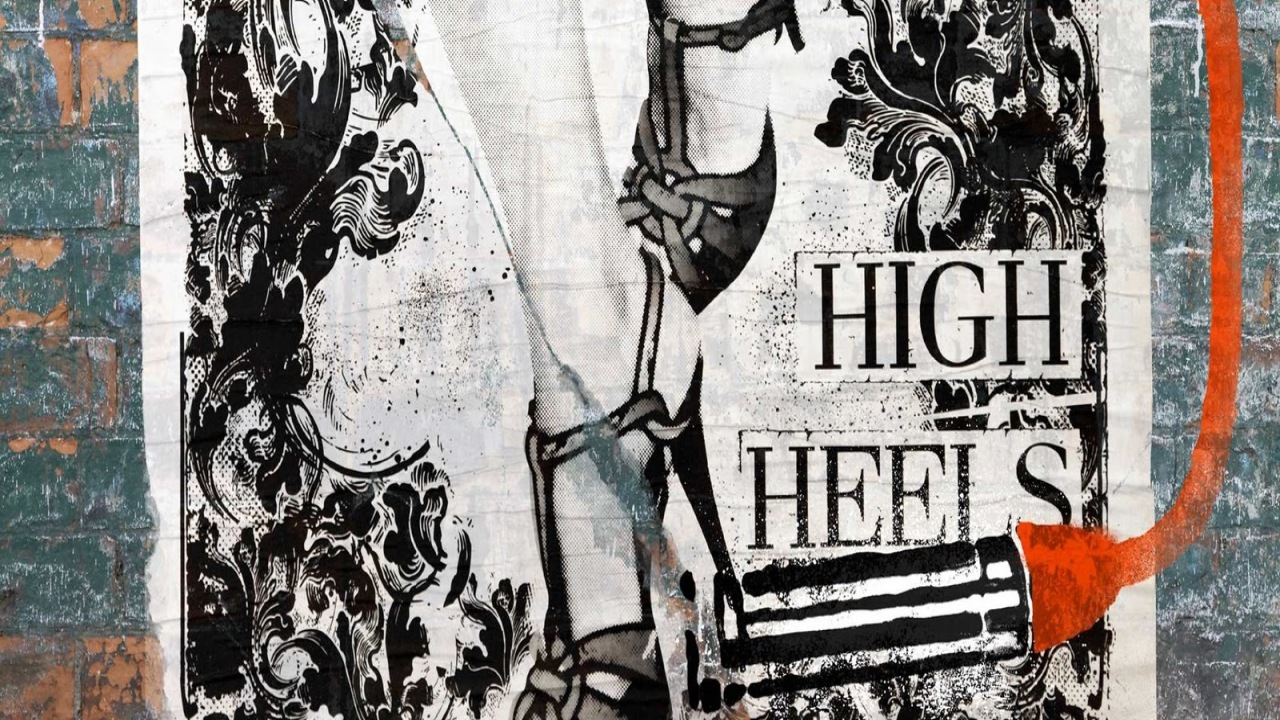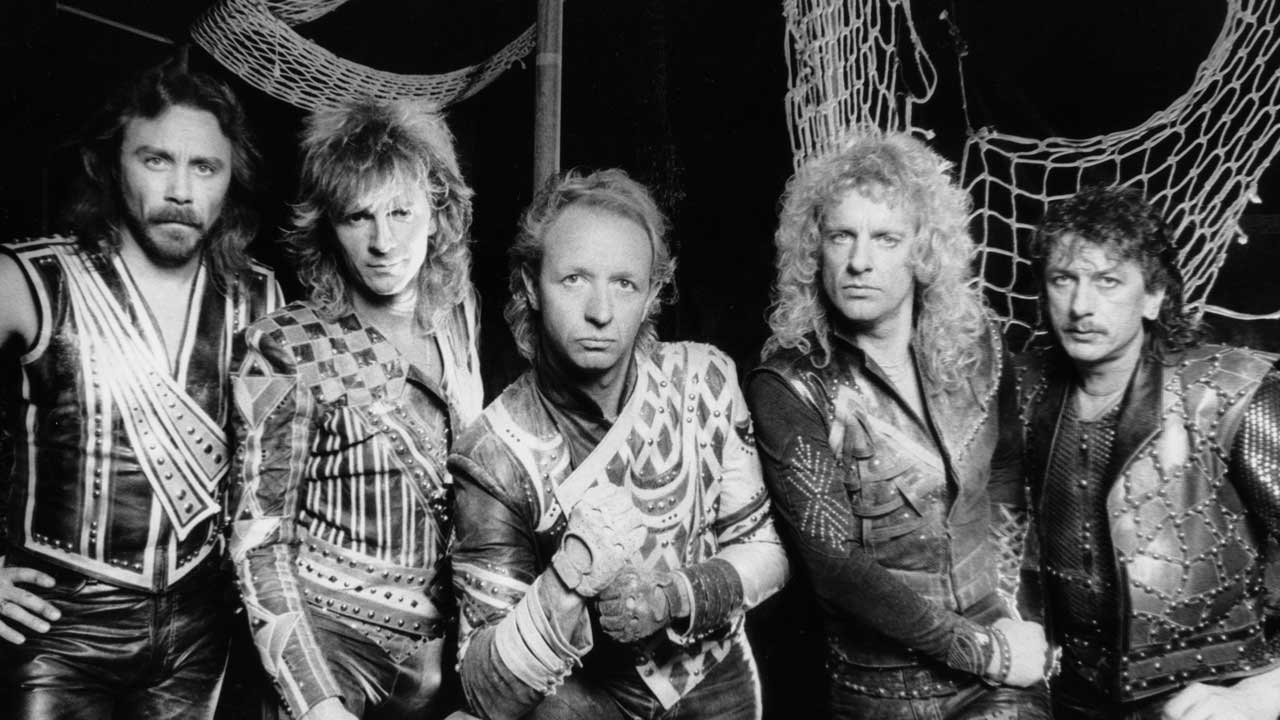You can trust Louder
Sure. You can play the old songs. No one is going to argue with that. The problems start with the expectation that musicians around retirement age can play those old songs with the same youthful rage and sexual tension they exhibited when they were 25.
This is not to say that old timers should be excluded from stage and studio. Everyone from Miles Davis to Johnny Cash to Bob Dylan has proven that veterans have a whole lot to contribute. The mistake is to seriously believe that putting what’s left of the band back together is going to in any way replicate the youthful mayhem of 30 or 40 years in the past.
This is particularly true of the New York Dolls, who were such a total product of the pre-punk, laddered-stocking, down-at-heel New York androgyny that spawned them. When the surviving Dolls – David Johansen, Sylvain Sylvain and Arthur Kane – staged a reunion in 2004, it had a certain dignity. No lost era was being re-enacted. More a case of healed wounds and restored connections.
Unfortunately Kane died soon afterwards and, since then, Johansen and Sylvain have felt the need to flog the Dolls legend around the block a few more times until they wound up in – of all places – Newcastle-Upon-Tyne, playing three nights in a small club, and borrowing Ginger Rogers’ famous line as the title of a redundant record and an inept sub-Spinal Tap DVD documentary chronicling its haphazard creation in a local studio.
Dancing Backwards In High Heels sounds exactly like what it is. A dozen under-produced, derivative tunes, mostly cobbled together in the studio, with what is essentially a pick-up band – an oddly fumbling Frank Infante on guitar, rookie producer Jason Hill on bass and three girls from the pub on backing vocals. Funky But Chic retains a measure of its energy, and both Kids Like You and You Don’t Have To Cry are at least attempts at grown-up songs, with faint echoes of Tom Waits and Willy DeVille respectively – although both Waits and Willy would have employed far more quality control. Ironically the real standout is their take on the Starlets/ Patti LaBelle classic I Sold My Heart To The Junkman.
Times are hard in the music business and maybe turning this weird trick in Newcastle was an offer that Johansen and Sylvain couldn’t refuse, but they both can do, and deserve, much better.
Sign up below to get the latest from Classic Rock, plus exclusive special offers, direct to your inbox!

